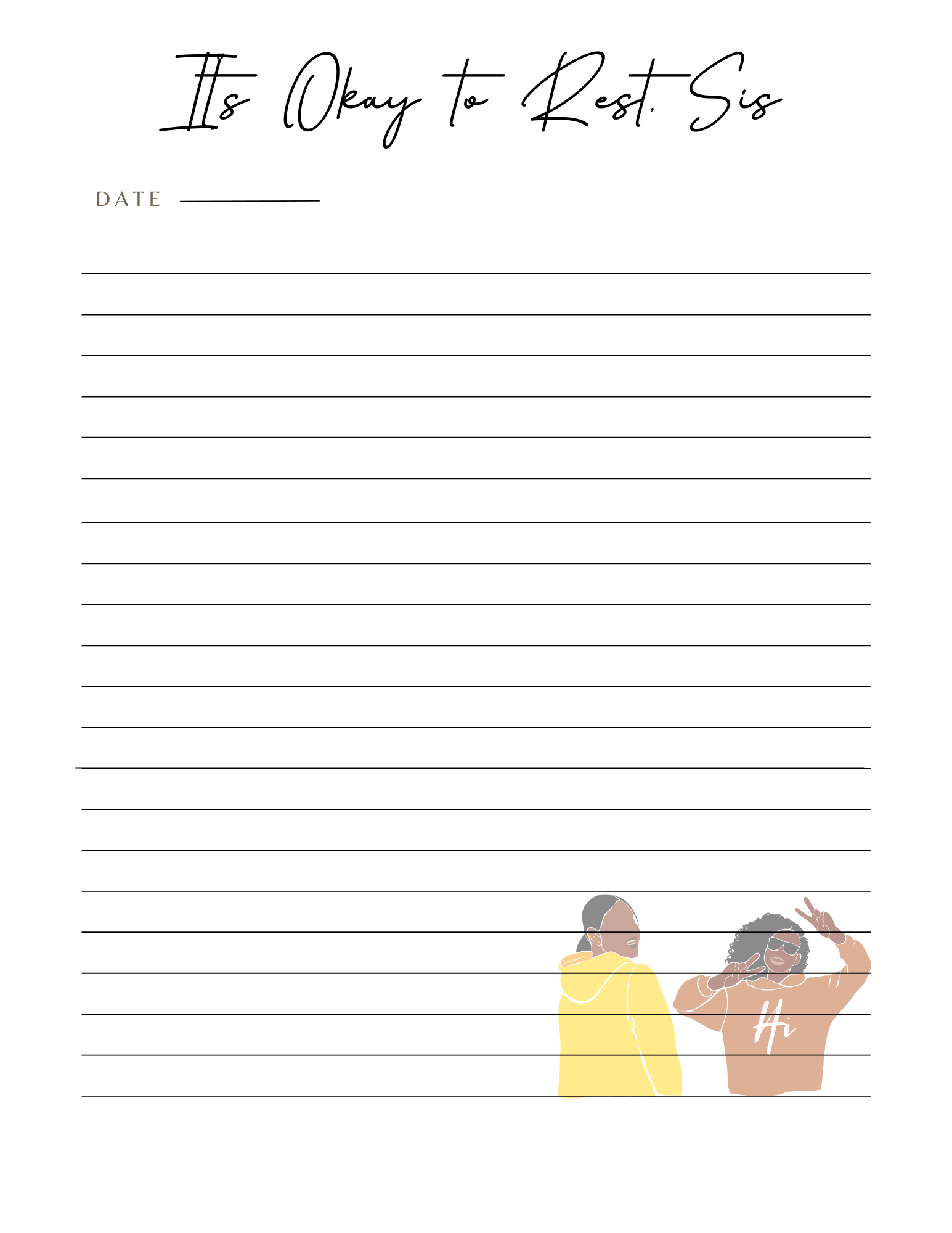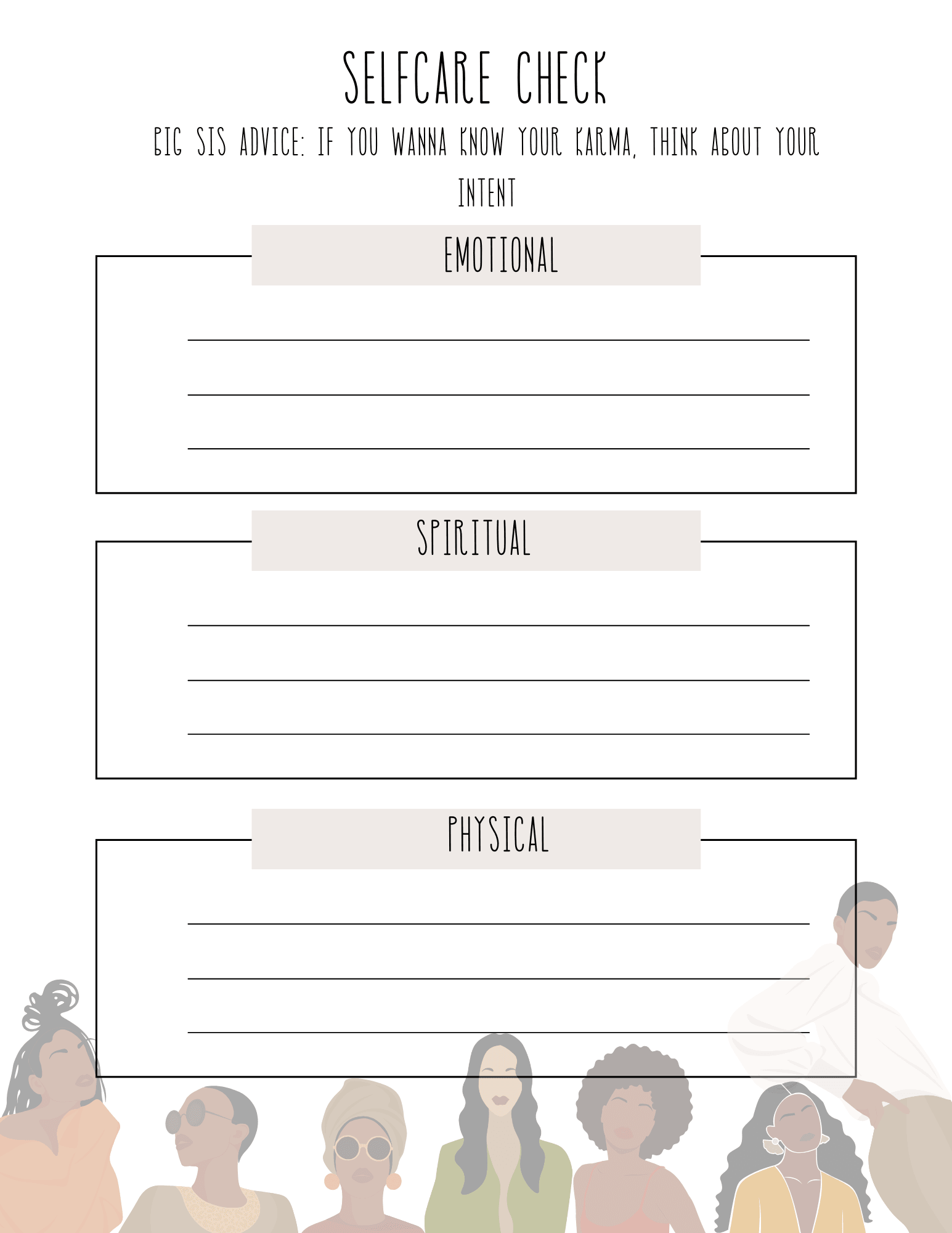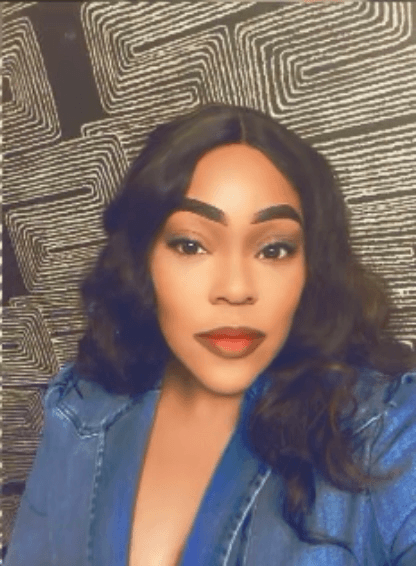Alright – so today we’ve got the honor of introducing you to Tierra Robertson. We think you’ll enjoy our conversation, we’ve shared it below.
Tierra, appreciate you joining us today. What did your parents do right and how has that impacted you in your life and career?
I think it’s easy to talk about how wonderful our parents are and I’d be lying if I didn’t give my parents credit where it’s due, but some of the best lessons I was ever taught by my parents were from their mistakes. My biological father was addicted to drugs and incarcerated throughout my childhood, so I never had what I would have considered a “good” relationship with him. Honestly, I felt he was more of the bane of my existence. I grew up in a world where many of my peers didn’t know what it felt like to have a parent struggling with addiction or in prison. It was an extremely lonely place to be in and one filled with a lot of confusion. My relationship with him never really improved as I got older. He was so non-existent that I tell people I met my father when he came for my college graduation. He had called the day before (we talked minimally in between his prison sentences) and said he would be there to see me walk. I remember feeling terrible about it. I wasn’t excited at all. Anyway, when I went to pick him up from the bus station, this total stranger, I remember looking at all of the men standing and having no idea which one of them was the other half of me. That was probably the most eye opening moment for me at the time. I was 21 years old and walking for my Bachelors of Social Work the next day, and I had no idea what my father looked like. I never knew him, I had only been told about him. It seemed like he did nothing right, or at least not by me, until I was older. I was almost 30 before I realized how impactful his lack and absence was. I carried the belief of “out of sight, out of mind” when it came to him. He was a piece of my puzzle that I didn’t want there because of feelings of rejection, embarrassment, shame, anger etc. Eventually, I took all of those things and started to work through them. He didn’t teach me how to ride a bike or tie my shoes. He didn’t see me graduate high school. I was 21 years old before he was ever physically present for me. By then, I felt like I didn’t need him and there was nothing he could teach me. In a way, I was wrong. He taught me what not to do with my own children. He taught me the importance of actually addressing and working through all of those intense feelings of rejection, abandonment and the feelings of hurt. He taught me how to show up and speak boldly for myself. So many little girls never got the father that was reliable or trustworthy and had to learn what that looks like in a healthy way. I shouldn’t have had to learn that the hard way. I guess he really didn’t get it “right”, but I’m happy I finally choose not to let his wrong define me.
My mother was never a woman I aspired to be. She intentionally taught me not to be her. She taught me to be my own person and find a way. She taught me that crying was a weakness and depending on someone else was an error in thinking. She poured from the cup of which she knew. She taught me at the expense of her own lack of knowledge. I think the cup she poured from, into my sister and I, is not the size of the cup we now hold. She gave us what she had, not necessarily what she knew. I don’t think she always knew the power she held, but I do think she always had a vision of the life she wanted us to have. I remember watching my mother cry at my sister’s high school graduation and me believing it was only out of the typical pride we assume parents have for their kids. Now, I feel like her tears were not just pride, but from the reality that she watched her daughter accomplish something she never did. It stopped with my mother. I think her tears were one of relief and pride. In that moment, we were not her, we became greater because she made us that way. I don’t know if my mother cried at my high school graduation, but my mother has listened to countless rants of my journey through college. She listen to her daughter navigate a life, she herself had not experienced. My mother was told that my sister would be a teenage mother. My sister was not. My mother was told that I wouldn’t finish college because it was “hard”. I was accepted with academic merit and I graduated with my bachelors degree in 3 years, received two master degrees and I’ve completed coursework towards a doctorate. My mother never took a walk across the stage, she was a young, single mother literally navigating the world with a small cup filled with hopes and dreams while growing up in East St. Louis, Illinois. She didn’t have the time to turn her small cup of water into a gallon, jug, river or ocean. What she did do, is take that small cup of water and pour that on the tilled garden of her daughters. Statistically speaking, my sister and I, shouldn’t be the ocean, but my mother believed we were not average. My mother wasn’t the mother that gave us the hug every day, but she was the mother who created women that were well prepared to meet the demand of any situation. I will not fold because that small cup of water made a greater impact than I think she ever thought it would.
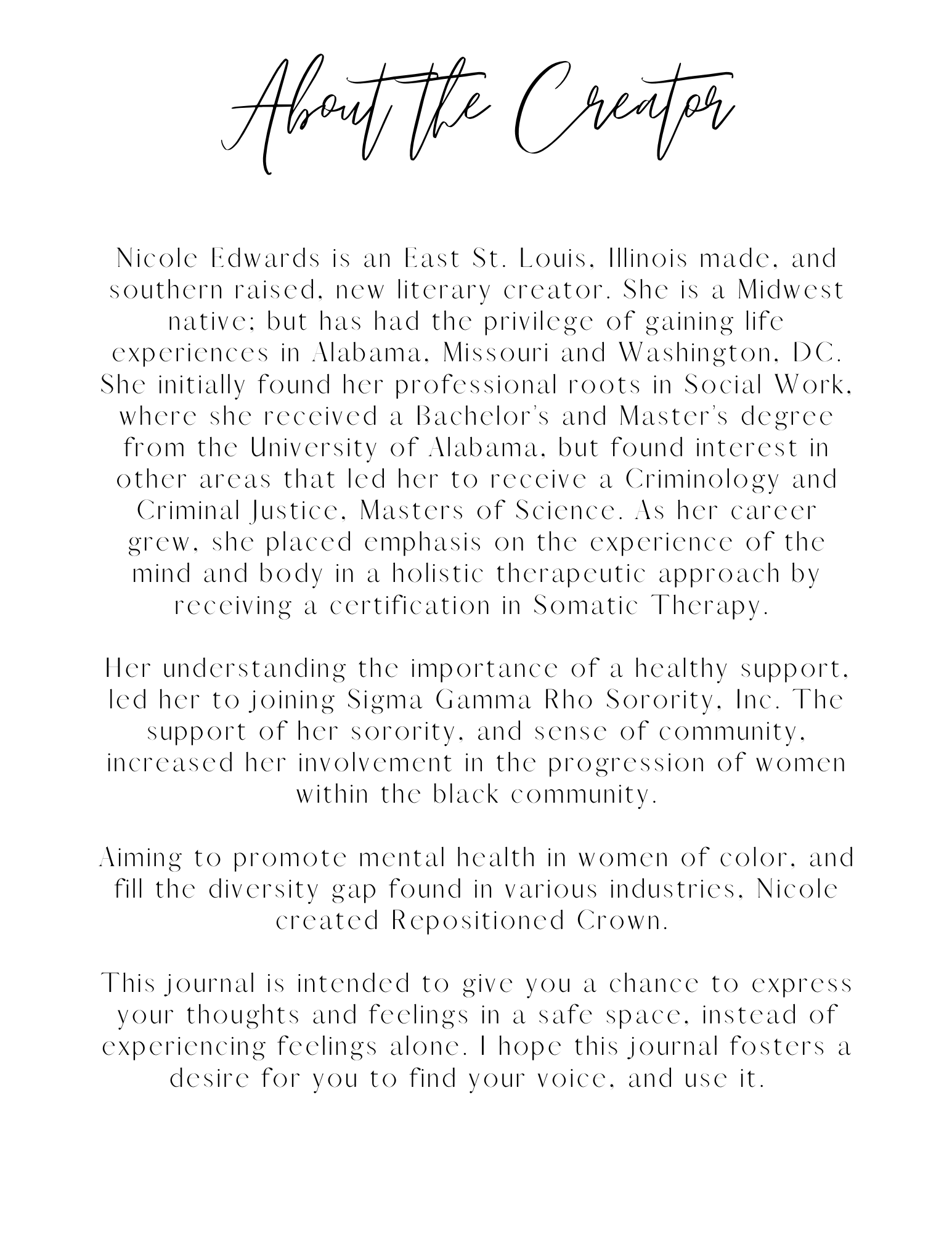
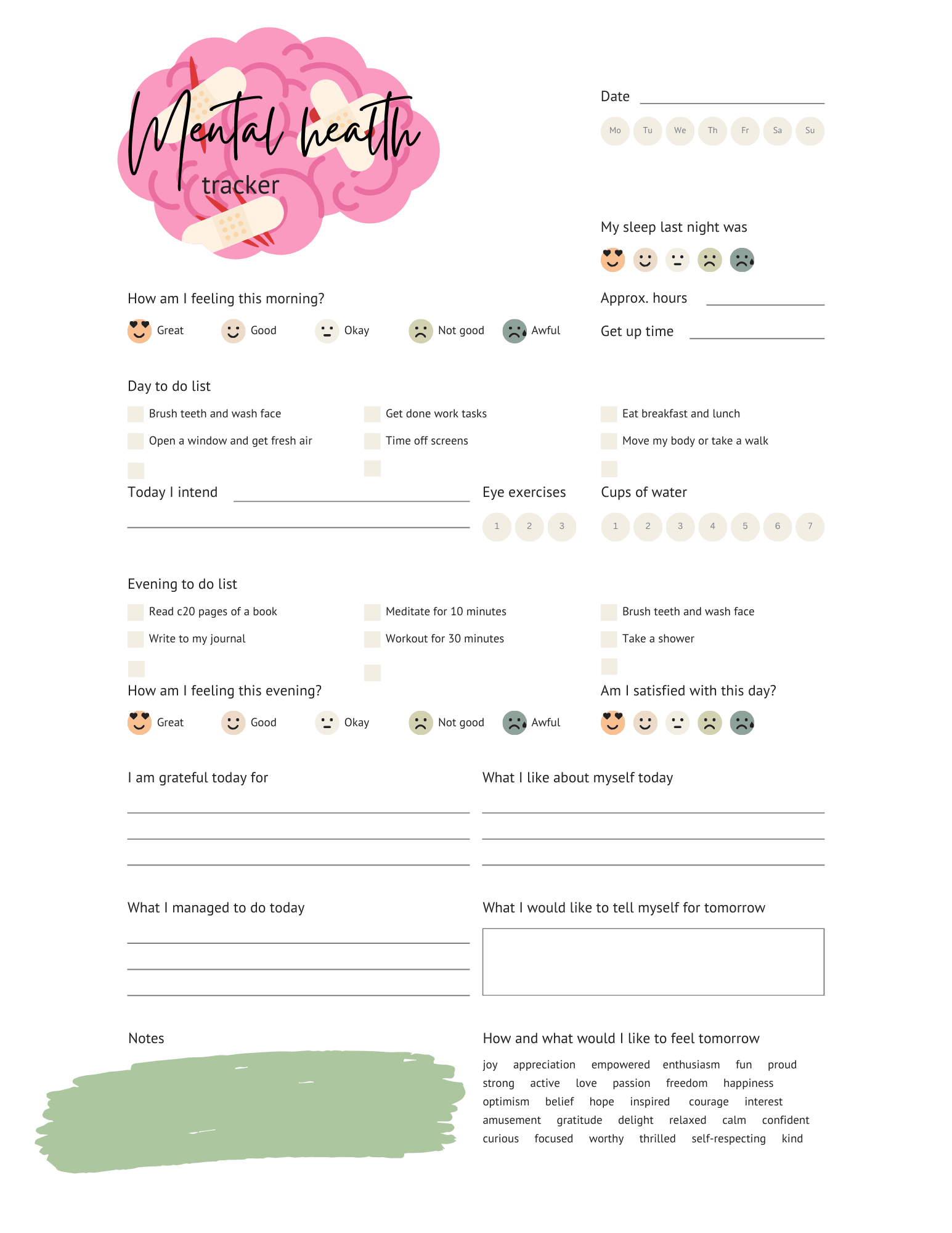
Awesome – so before we get into the rest of our questions, can you briefly introduce yourself to our readers.
It’s unbelievable talking about myself in this way! I am a licensed social worker and a literary creator. I currently work in mental health, but I created a journal, Repositioned Crown, at a time when I felt I had no one, but I need space to express myself. It actually took me 2 years to complete the journal. It’s wild to think about because most of the pages are blank (lol). The journal is what I’m most passionate about because I created it in the image of black women. I wanted to see myself, my peers, my culture, my sister etc., in the illustrations and in the “big sis advice” that’s included. I wanted to create a space that was not only safe, but felt familiar to us. I want women to see the illustrations and see themselves and someone they know. The journal was personal and intentional. We have so many platforms that discuss the importance of safety, release, rejuvenation, emotional polarity and maturation etc., but we are new to seeing those platform created by us and not just made for us as a marketing scheme.
The journal, Repositioned Crown, is a must-have for black women looking to prioritize their mental health and practice self-care. This journal is designed to help black women tap into their inner selves, express their thoughts and feelings, and track their journey towards healing, growth, and change. By providing a platform for self-expression and reflection, Repositioned Crown aims to fill gaps in diversity and promote the importance of mental well-being within the black community. It promotes self-care and self-expression for black women, empowers users to prioritize their mental health and well-being, provides guidance and advice on navigating the challenges unique to Black women and fosters a sense of community and support. I think more importantly, it celebrates black women and culture in a unique way. Every quote included in the journal came from a black woman.
This journal made me consider other literary gaps as well. I have began creating a, “mom and me” journal for young girls and their mothers and I am currently working with a black, male therapist on creating a journal for men. The majority of that work regarding the journal has been spearheaded by him, but I appreciate the space and opportunity he’s given me to be apart of a much needed outlet for men.
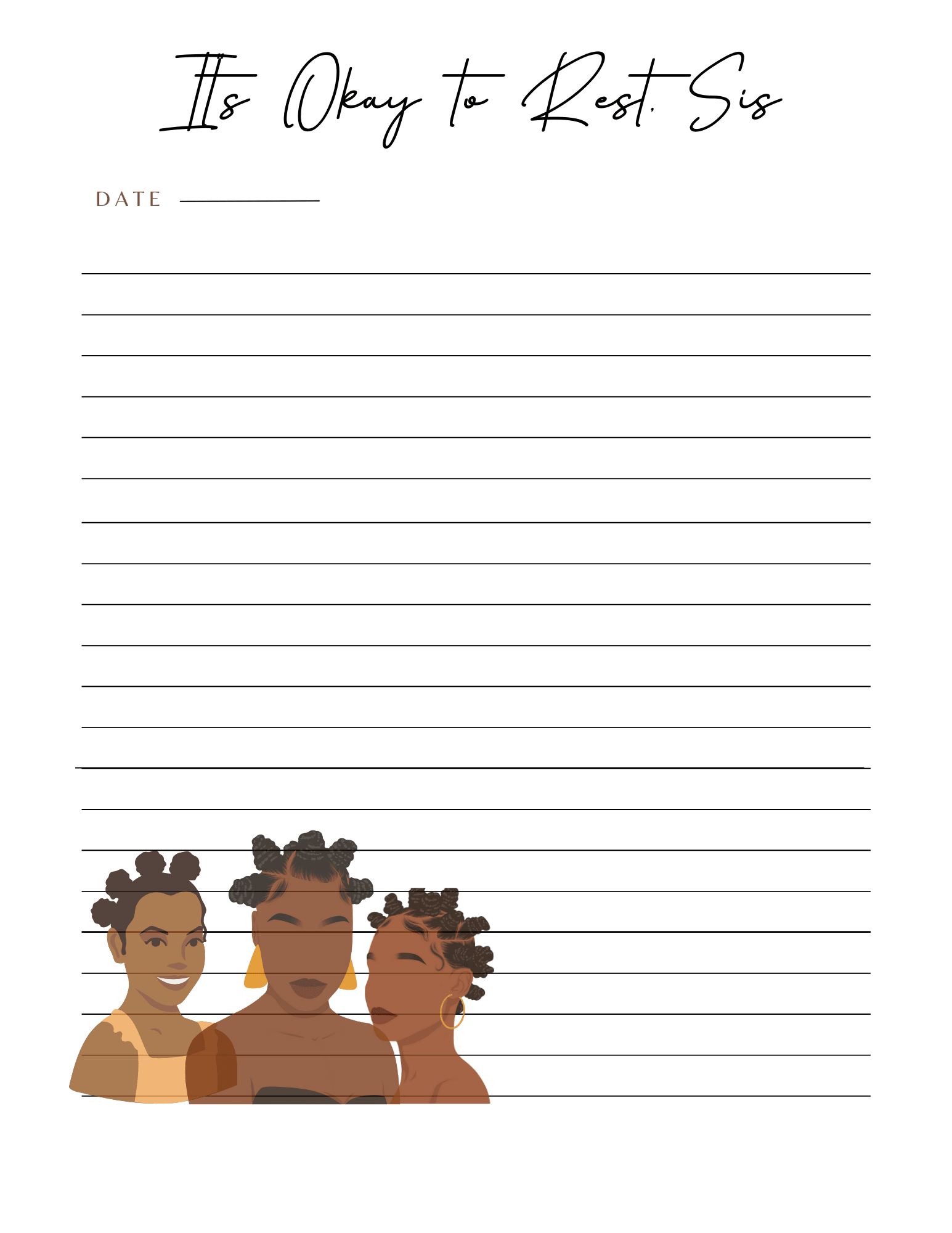
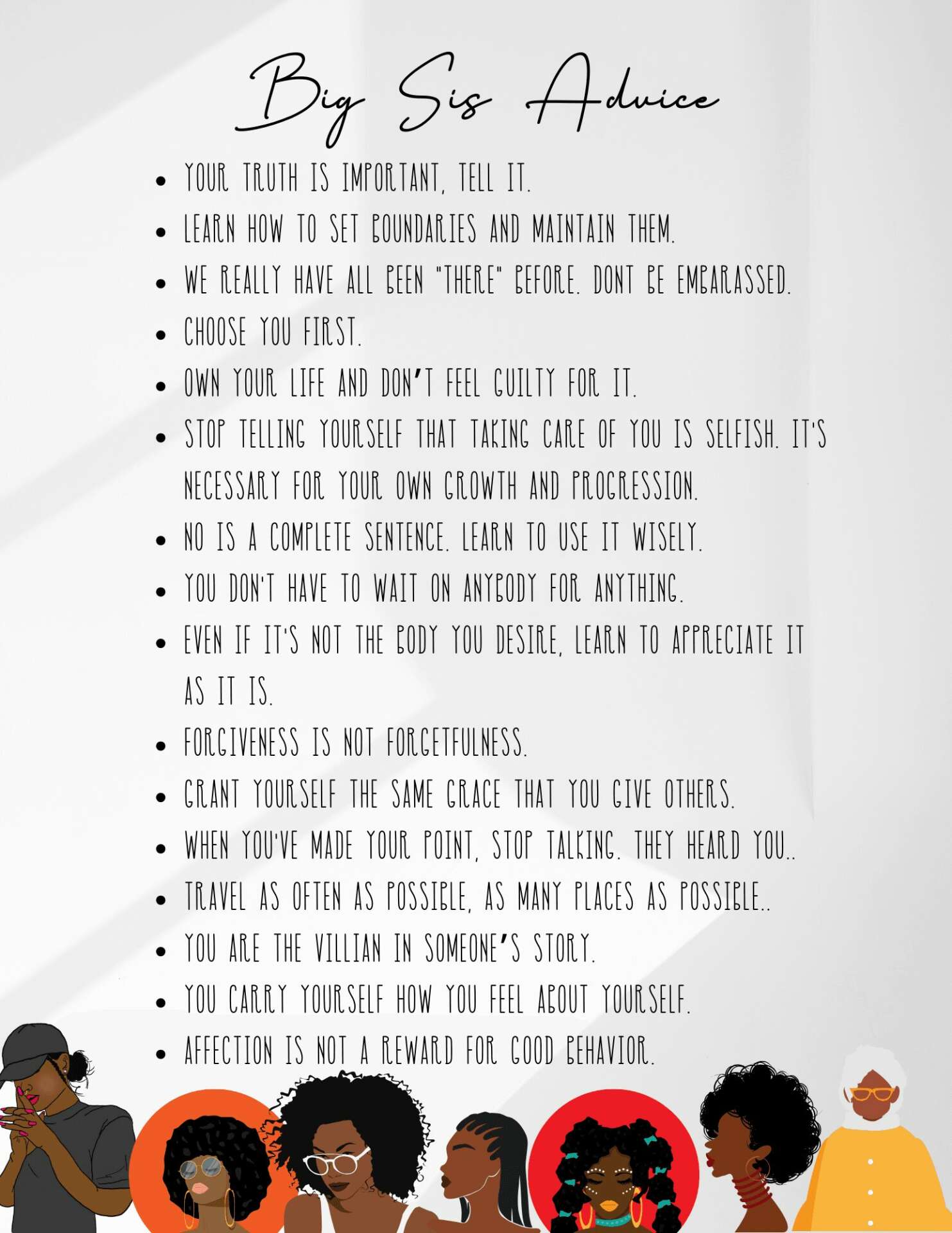
What’s a lesson you had to unlearn and what’s the backstory?
We all talk about the importance of having a village or some form of a support system. At first, I only believed your village was your family and maybe some friends. What I’ve learned is that your village is ever changing in size and with who is apart of it, and that’s okay. I don’t believe the recreation of your village is not a bad thing at all. Some people are only briefly apart of the journey because they are not equipped to go where you are headed. Some people are there to give you one valuable piece of information that can pivot and/or accelerate you on your journey. Maybe they plant the seed that you won’t see come into fruition until days, weeks or years later. Either way, that one piece of information was essential. While others will be there for the entirety. What they have to offer will be invaluable.
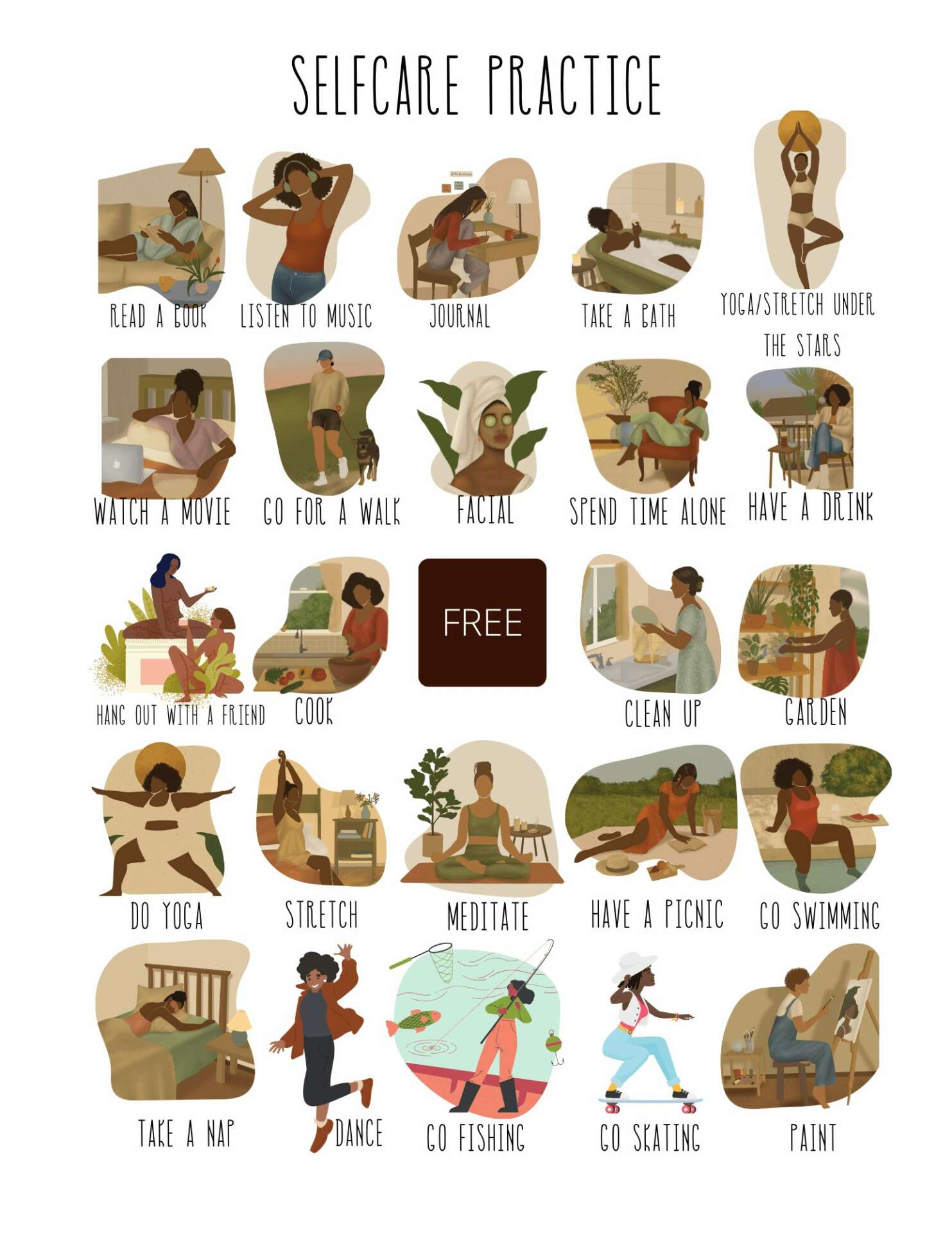
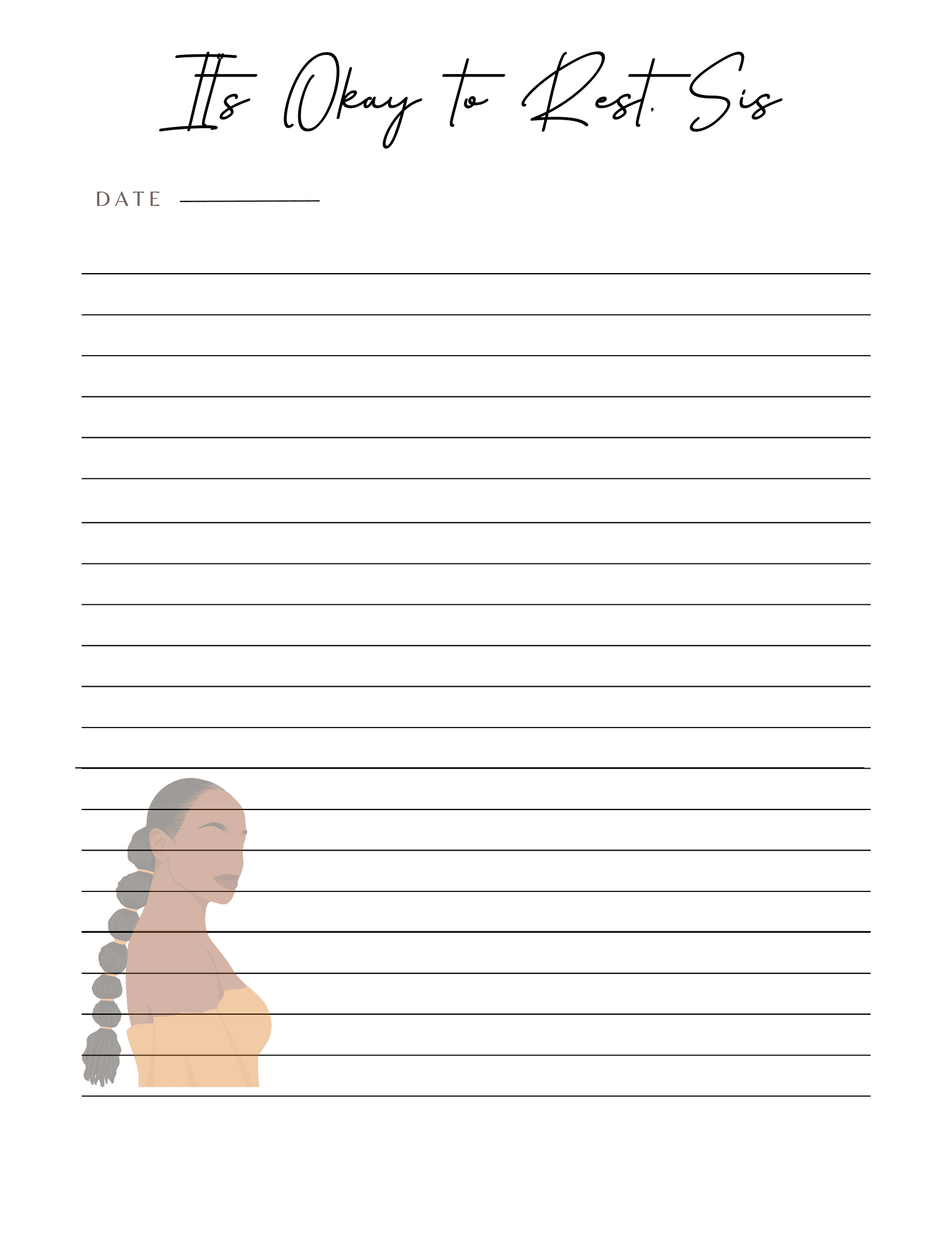
Can you share a story from your journey that illustrates your resilience?
Being a black woman in America has been a marked form of resilience. It’s one of the many super powers we carry and didn’t ask for. Societal norms often mask this in a way that makes us seem far superior at the hands of invalidation and insurmountable stress.
Contact Info:
- Website: https://nicoleedwards3.com/
